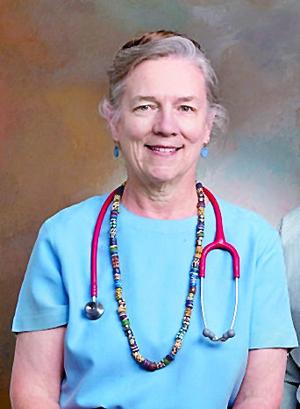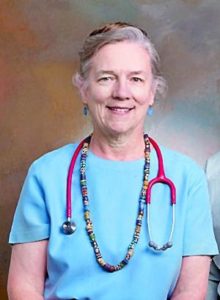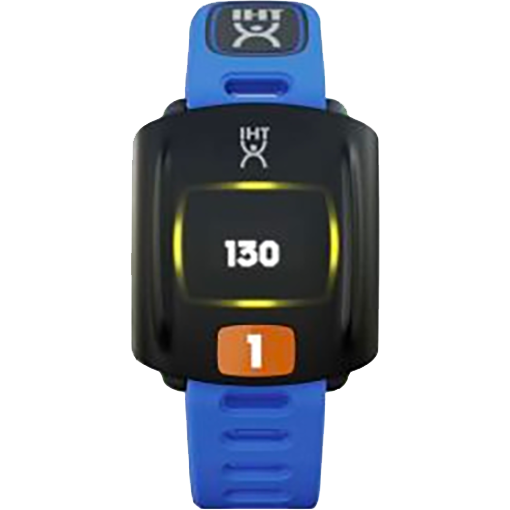Originally published April 29, 2020 in The Daily News of Galveston County.
By Dr. Sally Robinson
It has been studied and found to be true for decades that human beings who are physically active throughout their lives are happier, more successful and healthier.
Currently, we’re in extremely strange and stressful times, and this is true for all age groups. Physical activity helps remove stress. Just plain walking has been found to be beneficial.
While families are trying to fill their days in social isolation, consider an outdoor physical education schedule for the whole family. The American Academy of Pediatrics says physical activity is important for everyone, including infants, children, teens and children with special needs. Parents also should be active role models and focus on fun.
Most children don’t move enough. Just 25 percent get a healthy amount of exercise. Many parents aren’t active either. Making time for moderate to vigorous activity on most days will keep children and parents healthy. It helps prevent obesity, heart disease and diabetes and helps students focus in school.
The American Academy of Pediatrics urges families to make lifelong physical activity a goal. It’s the best medicine parents can give their children for a lifetime of health. What better time to start than during this time of social isolation? Below are some recommendations across age groups:
- Infants should have tummy time while awake for 30-plus minutes throughout the day.
- Toddlers should go on neighborhood walks and/or free play outside for three-plus hours a day.
- Preschoolers should add tumbling, throwing, catching for three-plus hours a day with one hour of moderate to vigorous activity.
- Elementary students should have free play and organized sports focused on fun for at least 60 minutes a day plus muscle/bone strengthening activities three days a week.
- Middle-schoolers should participate in activities that encourage socialization and avoid specializing in one sport for at least 60 minutes a day plus muscle/bone strengthening activities three days a week.
- Teenagers should participate in activities that encourage socialization and competition when appropriate for the same amount of time.
The whole family will feel better and will be healthier if they take this opportunity to develop healthy habits of physical movement. Walking outside, “smelling the roses,” can be a healthy lifetime habit. Families can enjoy their neighborhood and their parks and still be “socially isolated.”
By staying physically active, humans across the various age ranges will feel better, sleep better and have fewer symptoms of depression. Stay healthy.
Sally Robinson is a clinical professor of pediatrics at UTMB Children’s Hospital. This column isn’t intended to replace the advice of your child’s physician.
Seeking information about IHT’s Remote Learning program?





